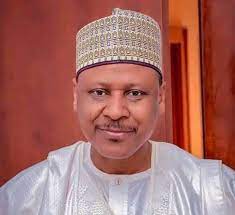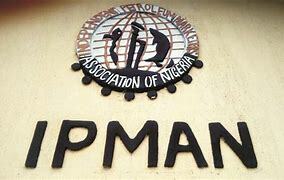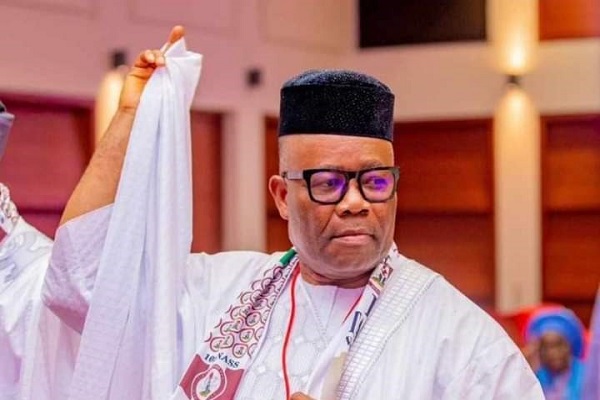Lagos, May 31, 203 -The Nigerian National Petroleum Company Ltd, on Wednesday announced an upward adjustment in the price of petrol across the country.
The approval is contained in a schedule seen by THE WHISTLER detailing the new prices that would be charged by the NNPC retail outlets across the country.
The NNPC, in playing its energy security role, is the sole supplier of petrol in Nigeria currently and it is now expected that other marketers will follow the NNPC prices and adjust their own pump price with effect from today.
According to the price template, the price of petrol has now been adjusted upward from between N189 to N194 to N537 per litre in Abuja and other North-Central States such as Nasarawa, Plateau, Kwara, Kogi, Benue and Niger.
For Lagos and other South West States such as Oyo, Ogun, Ekiti, Ondo and Osun, the price of PMS was raised from between N184 and N189 per litre to between N488 and N500 per litre.
In the South East where states such as Abia, Imo, Anambra, Enugu and Ebonyi, the price was increase from between N184 and N189 per litre to N515 to N520.
Similarly, in the North -West, the price of PMS was raised from N194 per litre to N540 while for the North-East, it moved from N199 to N550 per litre.
The NNPC Ltd had shortly after the announcement by Tinubu said the decision to remove the subsidy on Premium Motor Spirit (PMS) by the President is a welcome development.
The Group Chief Executive Officer (GCEO) of the NNPC, Mr. Mele Kyari during a press briefing shortly after the pronouncement by President Tinubu said the subsidy burden which has been placed on the NNPC Limited is affecting the company’s cashflow and threatening its sustainability plans due to the federal government’s inability to refund the subsidy claims.
He added that NNPC as a limited liability company cannot continue to bear the burden of subsidy on behalf of the federation if it must deliver dividends to its shareholders and be profitable.
He said: “We welcome the decision of the president to announce the removal of subsidy on PMS and this has been the major challenge for NNPC operations.
“We have been funding subsidy from the cash flow of the NNPC since government is unable to defray the cost of subsidy for the federation.
“We believe that this will free resources for the NNPC to continue to do the great work that this company is doing for our country and it allows us to continue to function as a commercial entity.” (THE WHISTLER)





